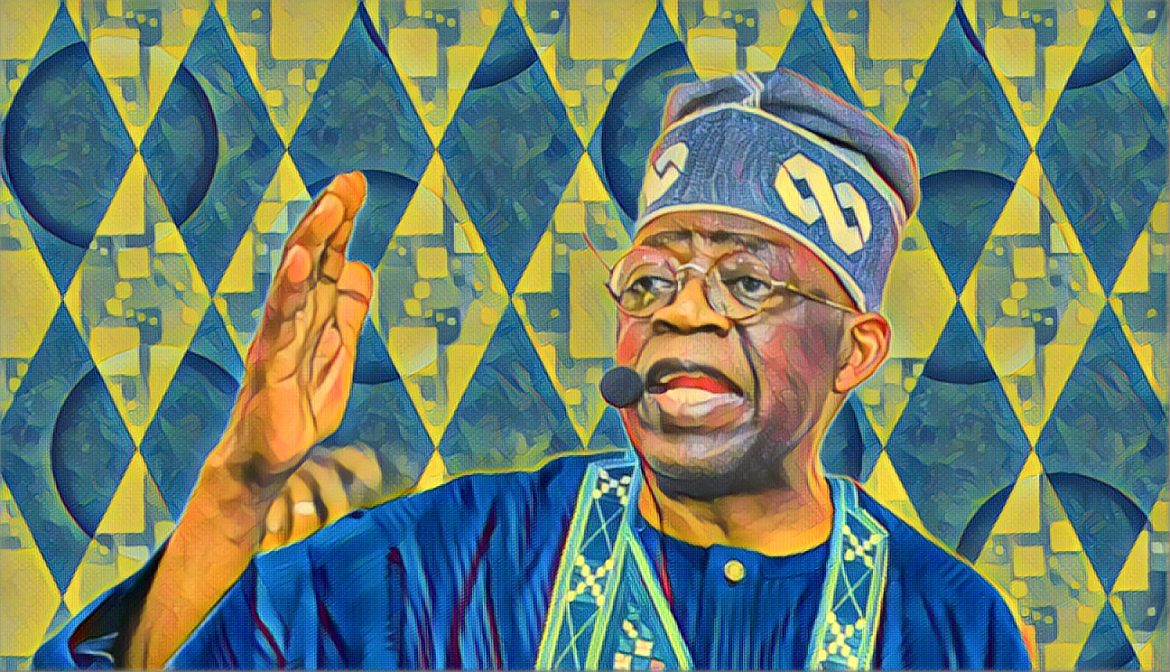President Bola Ahmed Tinubu, during the 29th Nigerian Economic Summit (NES #29) in Abuja, unveiled a vision for Nigeria’s economy. He vowed to propel it to a staggering $1 trillion by 2026 and an even more ambitious $4 trillion by 2035.
According to a report by The Sun, President Tinubu underscored his administration’s commitment to safeguarding the nation’s future and economic stability. He emphasized the importance of honoring government agreements to maintain economic harmony.
His agenda focuses on poverty alleviation, food security, job creation, inclusive growth, security, anti-corruption measures, and sound economic policies. President Tinubu urged the NESG and the private sector to collaborate in building a prosperous Nigeria.
In response, Mr. Niyi Yusuf, Chairman of NESG, highlighted the urgency of addressing challenges such as multidimensional poverty affecting over 133 million Nigerians. He warned that continued low growth and investment could lead to stagnation and distress nationwide.
Yusuf identified issues like limited access to foreign exchange, high costs of inventory, imported inputs, diverse taxes, and declining production and employment as hurdles. These challenges affect both large firms and small businesses, creating deteriorating social conditions.
To overcome these hurdles and achieve the ambitious economic targets, concerted efforts, tough choices, and institutional reforms are imperative. The NESG stands ready to assist the government in these endeavors.
The global context presents additional challenges, including the impact of the COVID-19 pandemic, war in Ukraine, disruptions in global supply chains, and energy crises. These factors exacerbate economic challenges in Nigeria, emphasizing the need for resilient and responsible leadership.
President Tinubu’s vision envisions a prosperous Nigeria but acknowledges the critical juncture the nation stands at. To realize this vision, immediate action with a shared sense of urgency is essential.


